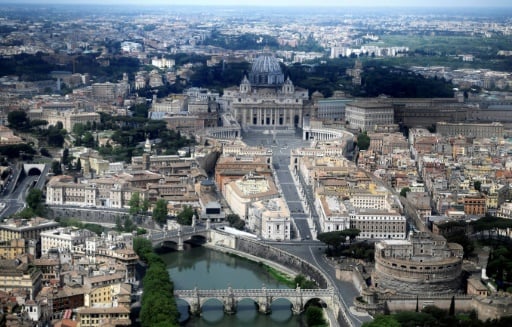Paragraph 1: The Legacy of Pope Francis and the Anticipation of His Successor
Pope Francis, known for his liberal approach, has often clashed with traditionalists within the Catholic Church. As the College of Cardinals prepares to convene for a conclave to elect his successor, speculation abounds regarding the direction the next pope will take. Will they continue down the path paved by Francis or steer the Church toward a different course? This question looms large for the world’s 1.4 billion Catholics.
Paragraph 2: Francis’s Reforms: Style over Substance?
Despite his progressive image, experts contend that Pope Francis did not fundamentally alter Catholic doctrine. While he implemented significant institutional changes—addressing the child sex abuse crisis, limiting the use of the Latin Mass, and opening a dialogue on same-sex blessings—core doctrines remained untouched. Issues like abortion, end-of-life care, priestly celibacy, the ordination of women, and homosexuality were not doctrinally redefined, although Francis’s pastoral approach often differed from his predecessors. This suggests that while the next pope may adopt a different style and prioritize different issues, a radical departure from established doctrine is unlikely.
Paragraph 3: A Shift in Focus: From Migrants to Global Conflicts
Pope Francis was known for his outspoken advocacy for the marginalized, particularly migrants and refugees. He also frequently intervened in global conflicts, a practice uncommon among recent popes. His pleas for peace in regions like Gaza and Ukraine, however, often yielded limited results and even sparked controversy. Experts suggest that his successor might not place the same emphasis on these issues, potentially adopting a less interventionist approach to international affairs.
Paragraph 4: Challenges Facing the Next Pope and the Future of the Church
The next pope inherits a Church facing a multitude of complex challenges. Key among these are the role of women within the Church, the ongoing fallout from the clerical sex abuse scandal, declining church attendance in Europe, and the need to address growing Catholic populations in Africa and Asia. The balancing act between maintaining unity within the Church and navigating these diverse issues will be a defining test for the new pontiff. The choice between continuing a more open dialogue or returning to a more traditional approach will heavily influence the Church’s future.
Paragraph 5: Predicting the Unpredictable: The Conclave and the Potential for Surprises
Predicting the outcome of a papal conclave is notoriously difficult. While Pope Francis appointed a significant majority of the cardinals who will elect his successor, this does not guarantee a like-minded successor. Past conclaves have demonstrated the emergence of distinct factions and unexpected alliances. This year, while no clear “camps” have emerged, there is a recognized presence of cardinals who hold reservations about Francis’s approach. This dynamic introduces an element of unpredictability and raises the possibility of a surprise outcome.
Paragraph 6: Diverse Perspectives and the Search for Unity
The cardinals participating in the conclave represent a diverse range of viewpoints and backgrounds. Some, like Archbishop Fridolin Ambongo of Kinshasa, appointed by Francis, have publicly opposed certain aspects of his agenda, particularly regarding same-sex blessings. Others, disillusioned with Francis’s leadership style, might favor a more traditional and less outspoken approach. The challenge for the cardinals will be to find a candidate who can bridge these divides and serve as a unifying figure for the entire Catholic Church. The conclave will not simply be a choice between continuity and rupture but a complex negotiation of different perspectives and priorities, aiming to shape the future direction of the Church in a rapidly changing world.


